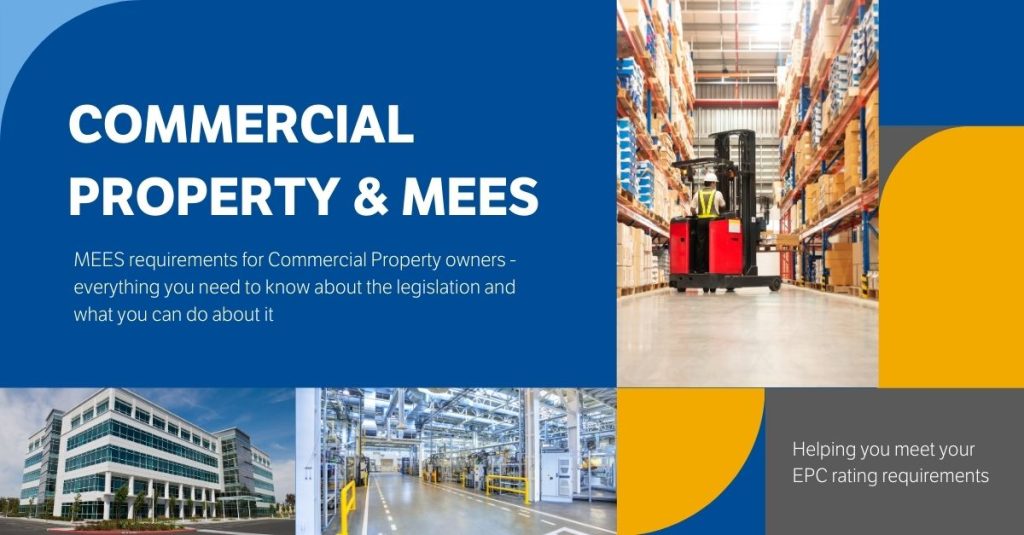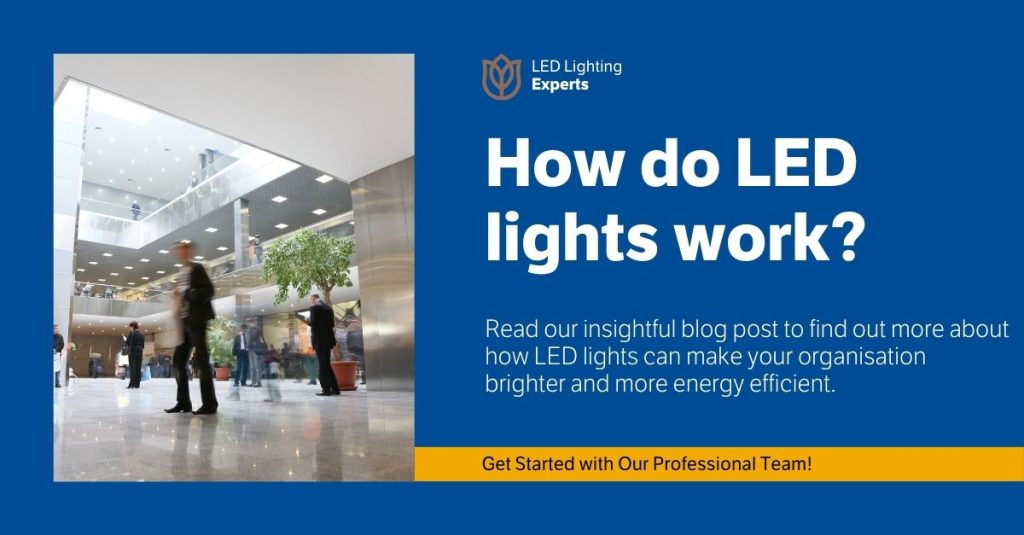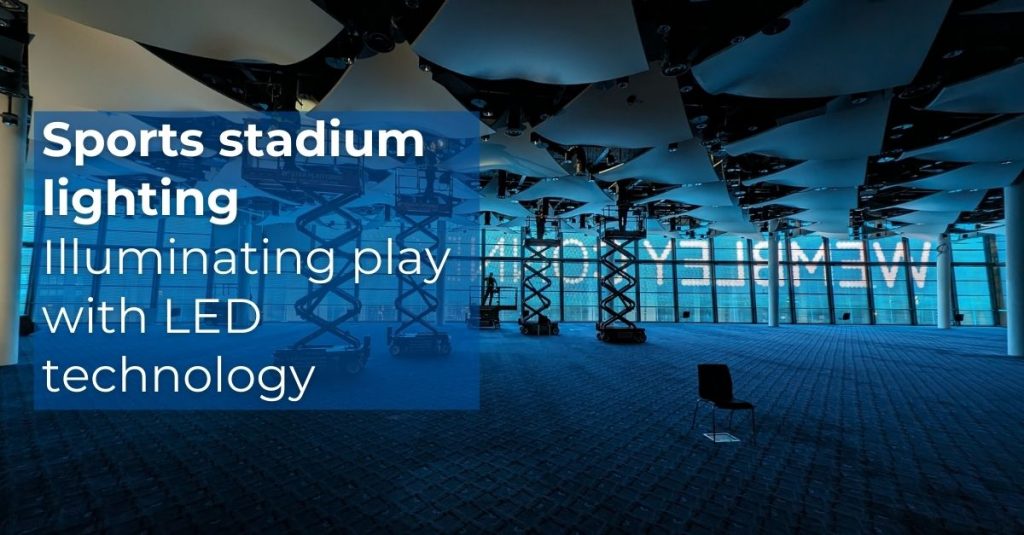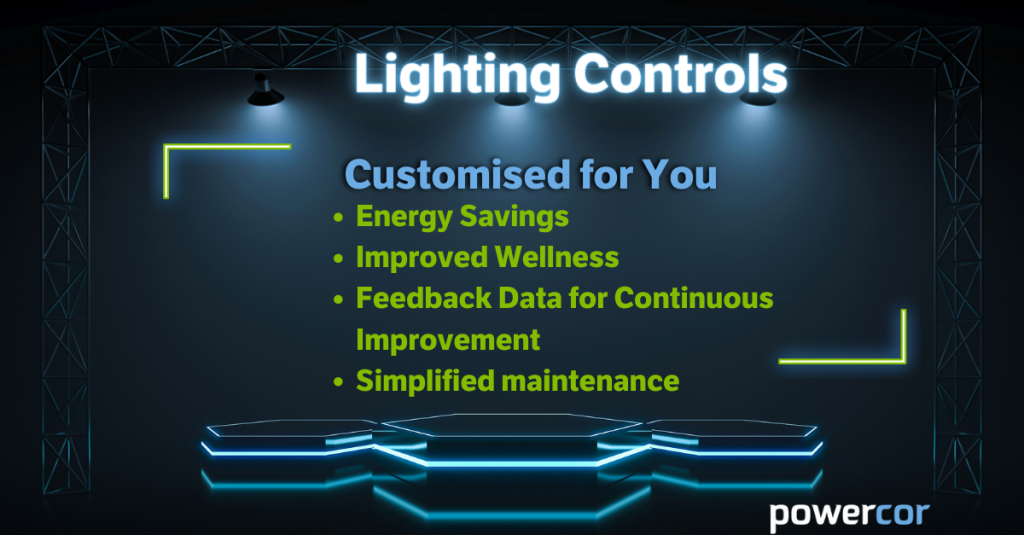MEES requirements for commercial property owners

With the UK government tightening Minimum Energy Efficiency Standards (MEES) for commercial properties, landlords face new requirements by 2027 (now 2028) and 2030. From 2028, non-domestic properties in England and Wales must achieve an Energy Performance Certificate (EPC) rating of at least C to remain eligible for rental, rising to a B rating by April 2030. These standards align with the UK’s climate targets, encouraging landlords and developers to improve building efficiency as part of the national drive toward a low-carbon economy. However, achieving compliance will require significant effort, with offices, warehouses, factories and other types of property all affected.
Regulatory background and key details
Introduced under the 2015 Energy Efficiency (Private Rented Property) Regulations, MEES initially targeted improved energy performance in rented properties and are now evolving to require substantial upgrades. Currently, all commercial properties must hold an EPC rating of at least E. Failure to comply can lead to fines reaching £150,000, depending on the rateable value of the property. The upcoming 2028 and 2030 standards represent the government’s approach to phasing out inefficient buildings, with stricter measures to align with the UK’s climate strategy.
Landlords have two main options to ensure compliance: either complete necessary upgrades to meet EPC targets or apply for one of the few available exemptions. A number of MEES commercial property exemptions exist—both long and short term—and landlords are advised to seek specialist legal advice if they feel an exemption applies to their property. Each exemption must be registered on the PRS Exemptions Register, underscoring the need for landlords to act well in advance to avoid issues as deadlines near.
Commercial property owners strategies for MEES compliance
Commercial landlords and property managers can adopt a range of strategies to help their properties meet the required EPC ratings and comply with the MEES demands. The following are potentially effective measures:
• Solar energy systems: Installing solar panels can improve EPC ratings by reducing reliance on grid electricity, lowering operational costs, and generating on-site renewable energy. For properties with substantial roof space, solar power can be a particularly advantageous solution
• LED lighting upgrades: Upgrading to LED lighting is a fast and affordable method of enhancing a property’s energy efficiency. LEDs consume significantly less power than traditional lighting, have a longer lifespan, and generate less heat. Powercor’s LED solutions are tailored to commercial buildings, cutting energy use and easing the path to compliance
• HVAC system optimisation: Upgrading HVAC (heating, ventilation, and air conditioning) systems enhances building energy efficiency. Modern systems consume less energy and are easier to control, allowing better management of heating and cooling needs according to building occupancy, which can significantly reduce energy use.
• Energy monitoring and management systems: Advanced energy management systems provide real-time monitoring of energy use, enabling targeted interventions for improved efficiency. Powercor offers monitoring solutions that help property managers identify high-consumption areas and make adjustments as needed
• Insulation and glazing: Upgrading insulation and adding double or triple glazing improves thermal retention, leading to a reduction in energy requirements. Though these measures can be more costly, they make a direct impact on the EPC rating by limiting heat loss, which is essential for buildings striving to reach B ratings
Practical considerations and market implications
The upcoming EPC requirements will lead to significant renovation efforts across the UK’s commercial property sector, with costs and timing dependent on each building’s current state. Experts recommend conducting an EPC assessment well in advance of regulatory deadlines to plan and implement improvements while avoiding a spike in contractor demand and associated costs that will likely increase closer to the deadlines
With a proactive approach to energy improvements, commercial property owners not only meet regulatory requirements but can potentially increase their property’s market appeal and rental value. Aligning these upgrades with sustainability goals is beneficial in attracting tenants and investors prioritising environmentally responsible spaces.
For property owners seeking to meet these MEES standards, Powercor’s range of energy solutions offers specialised support, from energy-efficient systems to real-time monitoring, making compliance more manageable and strategic. Taking action early helps avoid compliance risks and ensures properties remain competitive in a market increasingly valuing sustainability and energy efficiency.
How do LED lights work?

Modern sports stadiums rely heavily on LED lighting to transform them into dynamic, multipurpose hubs that cater to a diverse range of activities. Whether hosting a football match, a concert, or a corporate event, modern-day LED lighting and connected lighting systems play a crucial role in enhancing the experience for both spectators and broadcasters. As the demands on these venues continue to grow, many are turning to the latest advancements in LED lighting systems to meet these needs efficiently and effectively.
Sports Stadium Lighting – illuminating play with LED technology

Modern sports stadiums rely heavily on LED lighting to transform them into dynamic, multipurpose hubs that cater to a diverse range of activities. Whether hosting a football match, a concert, or a corporate event, modern-day LED lighting and connected lighting systems play a crucial role in enhancing the experience for both spectators and broadcasters. As the demands on these venues continue to grow, many are turning to the latest advancements in LED lighting systems to meet these needs efficiently and effectively.
Kelly’s Storage, Luton

LED Lighting & Controls
Pioneering lighting control technology for the UK’s green revolution

Jake Bushell, UK Controls Manager at Powercor, talks about the company’s passion for controls technology and how he believes this is often the way forward for both customers and the UK’s green revolution. “We love what controls bring to the table at Powercor, but it’s about working with clients to see if the technology is […]
What are lighting controls and how are they used to improve living and working environments?

Lighting controls are increasingly integral to modern lighting solutions as new building are erected or existing refurbished. Lighting controls enable extensive lighting customisation and help to create an energy efficiency environment. This article delves into the significance of lighting controls, their advantages, and the latest advancements in this technology. What are Lighting Controls? Lighting controls […]
What’s your background and experience? And how does this qualify you to lead Powercor’s lighting control division?

“I didn’t leave school to be a lighting controls engineer. I don’t think anyone does,” says Jake. “I left school to be a golf pro.” As a golf pro for two years, Jake was good, just not good enough. Luckily, he was mature enough to realise that at a young age which meant he wasn’t […]
Connected lighting: businesses increasingly making the connection between light, life and control.

Businesses across the UK are continuing to look at the ways in which they can deliver efficiencies at a time when sustainability moves ever higher on the agenda. And when it comes to sustainable and energy-efficient lighting, the future looks to be all about connected lighting. Technology, artificial intelligence and the Internet of Things (IoT) […]
Home
The Lighting and Solar Experts LED Lighting – Solar – Metering – Power – Electrical – EV Chargers The Lighting and Solar Experts LED Lighting – Solar – Metering – Power – Electrical – EV Chargers Welcome to Powercor We are proud to be one of the UK’s leading electrical engineering companies, having consistently delivered […]
Creating natural light in indoor office spaces: the key to productivity and well-being

In today’s fast-paced world, many individuals spend a significant portion of their time indoors. According to a well-quoted 2014 ONS study, people in the UK spend an average of 90% of their working and non-working hours indoors demonstrating the importance of creating natural light in indoor office spaces. The quality of indoor lighting plays a […]



